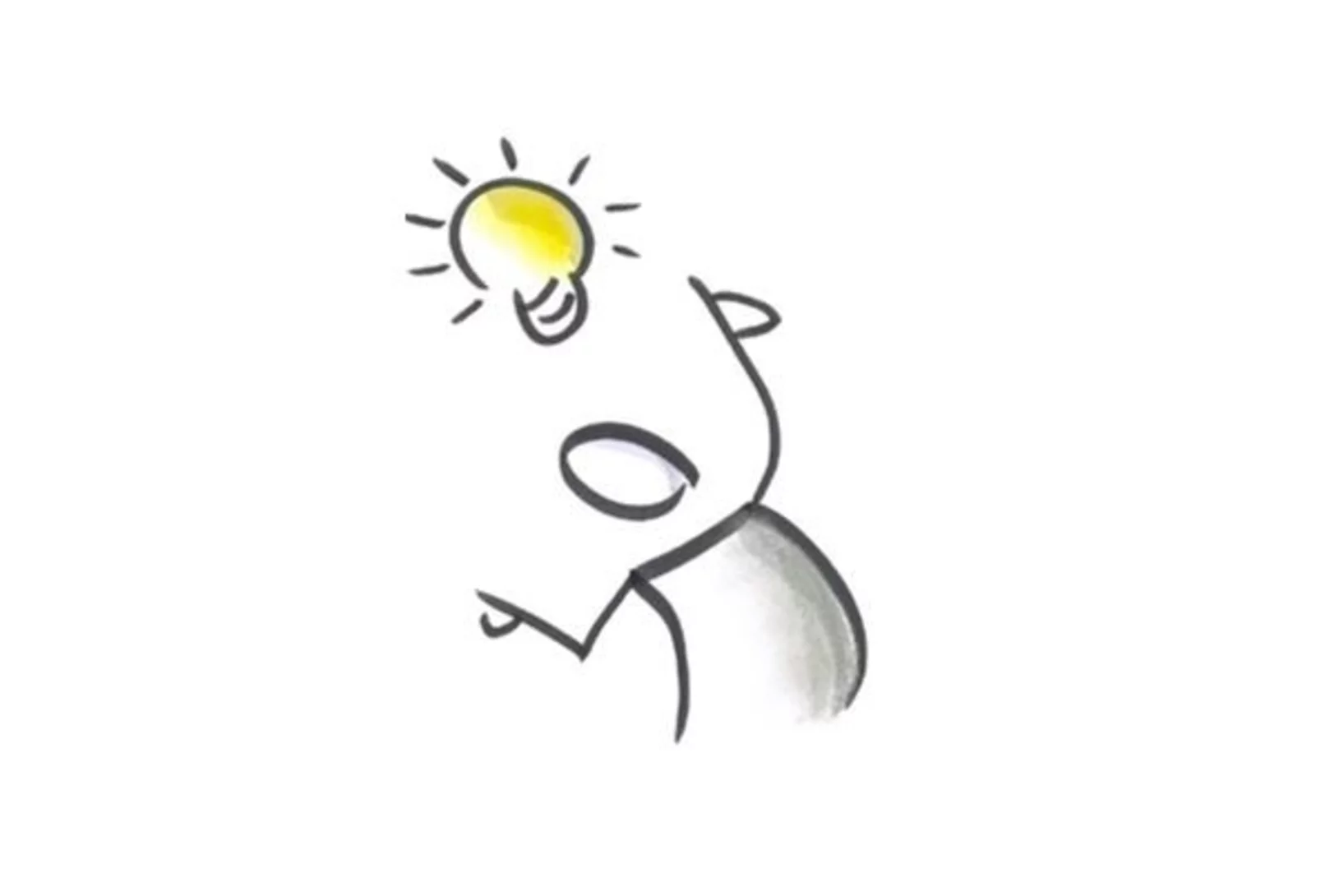Career Planning
‘What can I do?’ vs ‘What do I want to do?’
‘Which jobs can I apply for with my background in X, or which companies are looking for this background?’ is a question that comes up in career counseling every now and then. Clearly, having to find a job that fits is a big choice. What makes it even harder, is that many competencies that are important requirements for a future job are just taken for granted in academia.
Do you want to use the summer break to advance your career?
Are you wondering what you can do over the summer to enhance your career prospects and improve your employability? Look no further, this blog post has some ideas to spark your curiosity, motivation and enthusiasm, and advance your career at the same time:
Competencies our partner companies are looking for
How can you prepare for your next career step already during your PhD or postdoc time? Which skills are necessary and sought-after, and can you increase your chances by signing up for a relevant course? We asked the partner companies and collaborators of the PSI Career Center and the CONNECT program what they are looking for – and wrote this compilation based on inputs by ABB, APP, Axpo, Bain, cross-ING, Dectris, DETEC, Hilti, McKinsey, Sensirion, VDL and ZEISS
Excited about our first Joint PSI and Park Innovaare Career Fair, but not sure how to talk to company representatives?
We are all excited about our first Joint PSI and Park Innovaare Career Fair, and looking forward to lots of fruitful interactions between companies and early career researchers. We cannot wait to hear your success stories. But how do you start the conversation?
What is it that led you to give up your professorship?
This question showed up in my LinkedIn inbox a few days ago, out of the blue, asked by a person I had collaborated with a decade ago and not had any contact since. Clearly, my decision to leave academia made an impact. But what were the reasons, anyway?
Myths and prejudices related to your job search
‘Only those who are not successful in academia move to industry’, or ‘when I move to industry, I will earn a lot, but others tell me what to do, and I cannot develop myself any further’ on the one side, and ‘those scientists life in their own world, will we even be able to communicate with them?’ on the other – these are some myths and prejudices challenging those looking for their next job. How can you deal with these?
Will I have to start all over again when moving away from academia?
‘If I change to industry or the public administration, does that mean I have to start all over again?’ is a question that is often asked in career counseling sessions one way or another. Clearly, after having invested so much time and energy in your education and your research project, the last thing you would want is starting from scratch. But do you really have to start all over again when you change career direction? And what is so bad about a fresh start?
From ‘should’ and ‘have to’ to ‘being excited about’ and ‘looking forward to’
Happy New Year! I hope you are having a good start to 2023, and that this will be an exciting, successful and happy year for you. At this time of the year, many of us like to think about everything we have to do, or everything we should do better than last year. But is there a better approach?
You must be crazy! Why would someone with your track record leave science?
You are good at your job, you are successful, you have achieved what most of us are aiming for, you are inspiring the new generation. How can you think about doing something else? What would the community do without you? Who will take care of the lab?
People having opinions about our career choices is inevitable. How do you deal with it? And what happens when you decide to follow a path that others think is crazy?
How I tackled post-PhD imposter syndrome
Kelsey Inouye's job search has given her panic attacks and dented her self-esteem. But she has learned to deal with rejection. This blog post originally appeared as such on Nature's website and was adapted almost 1:1 from there. What Kelsey learned from her time after her PhD confirms what is taught in career counselling sessions at PSI: Focusing only on finding a job ends up being counterproductive.








